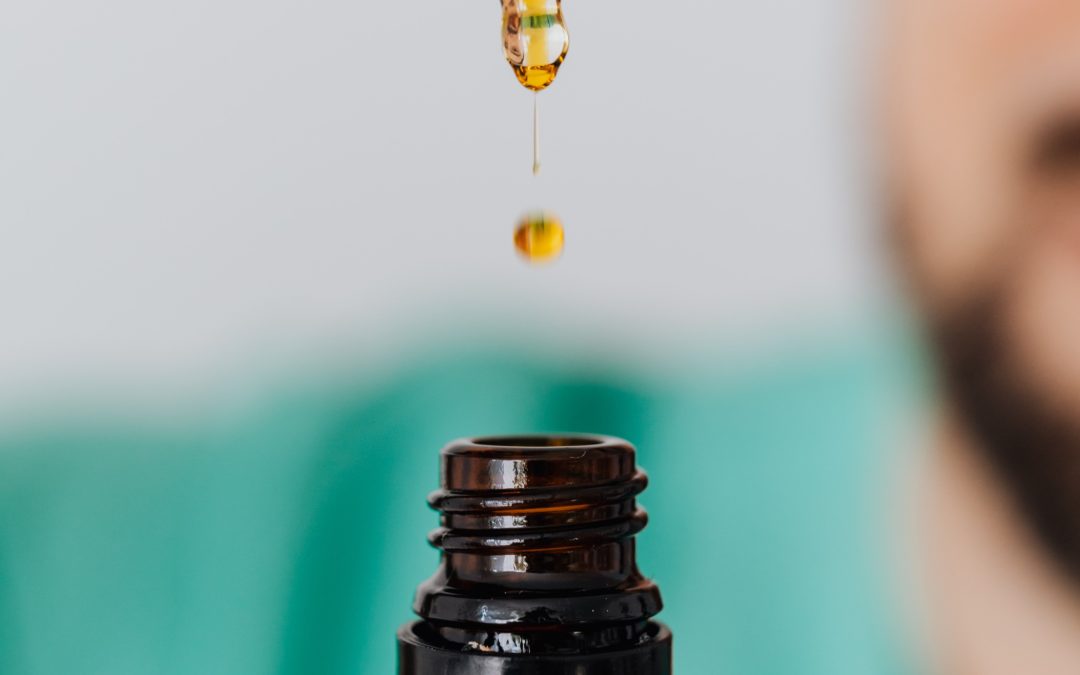Everybody knows that CBD is an anti-inflammatory, right? Well, actually, only sort of right. This is one of those places where the basic science and the human studies disagree. Confused? So are most people. Let me explain.
Interestingly, all cannabinoids (that have been studied) are anti-inflammatory in a test-tube. It’s not limited to CBD. There have been a slew of studies looking at the effects of various cannabinoids on inflammation in cell culture (that’s the test-tube I mentioned). In that setting almost any cannabinoid will work, and they look very promising.
Why do we want anti-inflammatories anyway? This is actually a really good question. Most people who are thinking about anti-inflammatories are actually suffering from pain. They are looking for relief and believe that the cause of their pain is inflammation.
However, there are, in fact, many types of pain: nociceptive (or mechanical), neurological, and inflammatory, in that order of commonness. Examples of nociceptive pain would be arthritis of the back or knees (or more specifically osteoarthritis). Peripheral Neuropathy is an example of neurologic pain. Inflammation only comes into play with fairly few diseases like Crohn’s Disease or Rheumatoid Arthritis (RA) (which is entirely different from osteoarthritis).
Many assume that since medications like NSAIDs (for example Motrin) are anti-inflammatory that their pain is based on inflammation. However, while it’s true that NSAIDs are good anti-inflammatories, they are also plain old pain relievers too. Inferring that relief from an NSAID shows that the pain is inflammatory just isn’t accurate.
As mentioned, most pain conditions just aren’t inflammatory and in those that are, serum marker of inflammation can be measured to be elevated. This is where we turn to studies of cannabinoids in humans as anti-inflammatories.
Sadly, despite all the cannabinoids being anti-inflammatory in the test-tube, almost none have shown any benefit in humans. Studies that have looked at clearly inflammatory conditions like Crohn’s and RA have repeatedly shown benefit of cannabis to quality of life, but no effect on those serum markers.
Since using an anti-inflammatory medication won’t help most pain, it’s important to address the pain effectively. For those illnesses that are inflammatory there are some approaches with cannabinoids, in particular, THC-A. For non-inflammatory pain, we need the THC in ordinary cannabis. We have over 50 years of good data in human beings that shows THC-dominant cannabis to be a safe and effective approach to pain management.
Cannabis can be used carefully, according to best medical practices to achieve control over your pain. This is not about getting “high” but about controlling symptoms. All medicines have side effects and cannabis is no different. By paying careful attention to details like route of administration, dose, and timing, we can achieve best benefit while minimizing side effects. Just like any other medication. Not only do most people get good relief with cannabis medicine, they tolerate it just fine.
Further, cannabis is not without risk – again just like any medication. Cannabis can pose risk to people with certain illnesses like some forms of heart disease, and can pose risk of misuse, dependence, and even use disorders. This requires some careful monitoring by your physician and is why you should not use cannabis in a DIY approach any more than you’d use any conventional medication without professional guidance.
So, can you use CBD oil for inflammation? Probably not. More research will be needed and, frankly, there are better candidates as anti-inflammatories. However, mostly importantly, most pain is not inflammatory and needs to be addressed as pain. This we can do quite successfully using cannabis.
Consult with a Qualified Boston Medical Marijuana Expert Today
Those considering using THC, CBD, or any type of medicine found in cannabis to help manage their condition should consider speaking to a trained medical expert who is knowledgeable about using cannabis therapeutically. Massachusetts medical marijuana doctor Jordan Tishler, M.D. sits on the faculty of Harvard Medical School and has years of experience helping patients treat pain and other ailments using cannabis. He and the team at InhaleMD stand ready to assist patients in determining whether medical marijuana is right for them. For more information, or to set up a virtual consultation with the team at InhaleMD, call us at (617) 477-8886 today.

